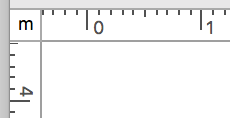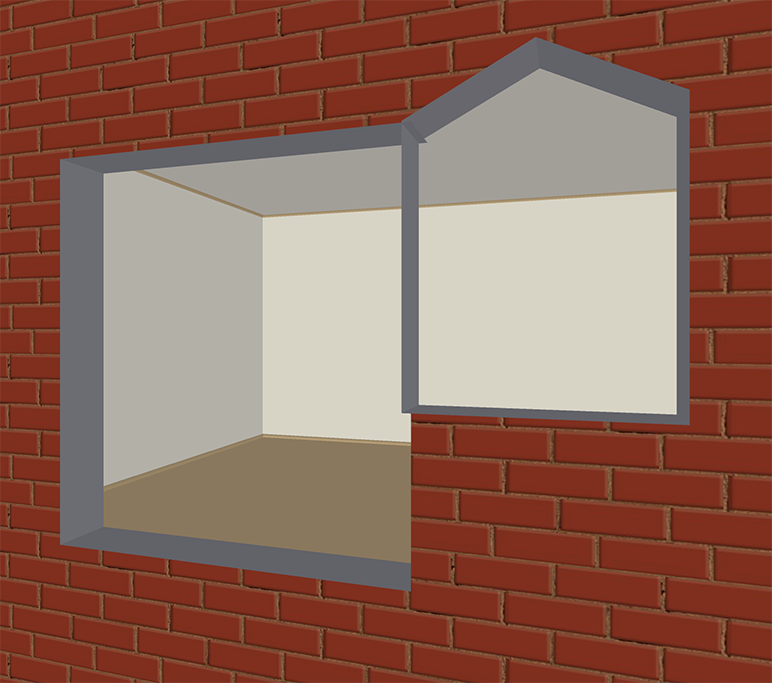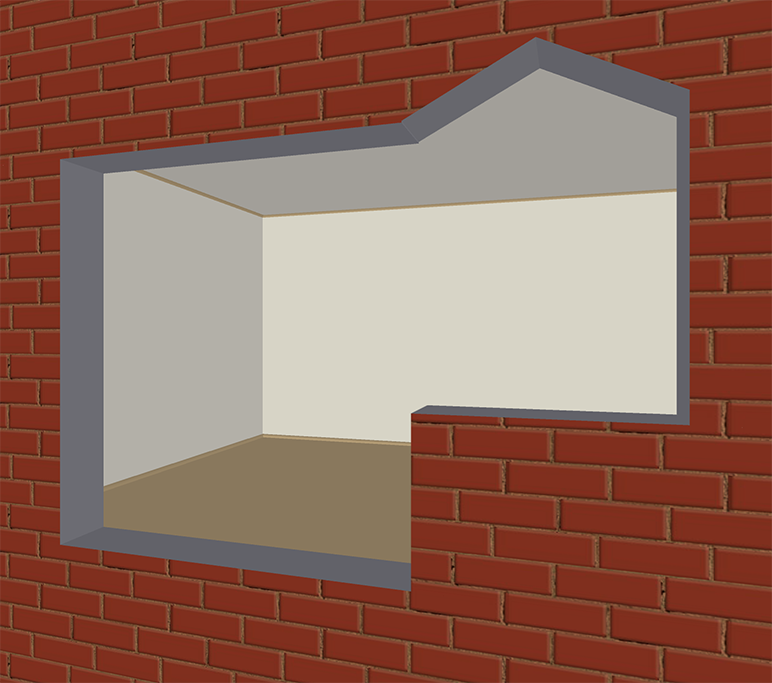Working with Projects
Project Settings
To open the project settings, click the menu button and select Settings. Then open the Project tab.

Use the Project Scale drop-down menu to set up the scale of the 2D views at 100% zoom.
The Measurement Units drop-down menu lists available measurement units. As a shortcut, you can click on the current measurement units indicated in the corner of the rulers, and choose a new option.

The Units Precision drop-down menu lets you choose the precision (e.g. number of decimal digits) that should be used to display dimensions of objects on the floor plan, in the Inspector and so on. This control does not affect the accuracy of calculations. Options available in the drop-down menu depend on what is selected in Measurement Units.
The Extend Floor Labels option allows you to choose what kind of information should be displayed in floor labels.
The Suppress Units option lets you hide measurement units on the floor plan. You will see 40' 00.0" instead of 40' 00.0" ft., or 2.6 instead of 2.6 m.
The Default Story Height defines the default height for new stories.
The Default Story Names lets you define whether to use the English way to name stories or another one. For example, the ground floor can be the same as the first floor in some languages.
The 2D Representations Style option defines whether to display objects on the floor plan as vector outlines or as images.
The Dynamic subtraction of intersecting building elements option defines the way the program treats openings that intersect. When it is activated, the program tries to combine these openings. When it is deactivated, openings keep their original shape and size. The program performance may decrease when the option is on.
The Dynamic subtraction… is off:

The Dynamic subtraction… is on:

The Save Supplied Content in Project option lets you choose whether to save actual objects from the standard library in your project file, or save only links to these objects in the library. Whatever you choose, it will not affect the way you work with the project. Saving objects in the project guarantees that it will not be dependent on the version of the program (the contents of the library may change by a major update). On the other hand, projects that store only links to objects can take less disk space. Modified and imported objects used in the project will always be saved in the project.
The Revert Changes button cancels recently made changes.
The Save as Default button saves the current settings as the default for new projects.
Use the Author, Copyright and Description text fields to save the author's name, copyright information and project description.